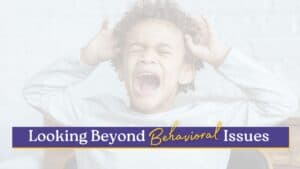
5 Ways to Get Children Actively Involved in Learning
I can’t remember a day that there wasn’t some kind of “learning lesson” going on in our home. But most of those lessons didn’t involve sitting down and doing homework. Instead, my mom employed active ways to help us learn how to learn.


















